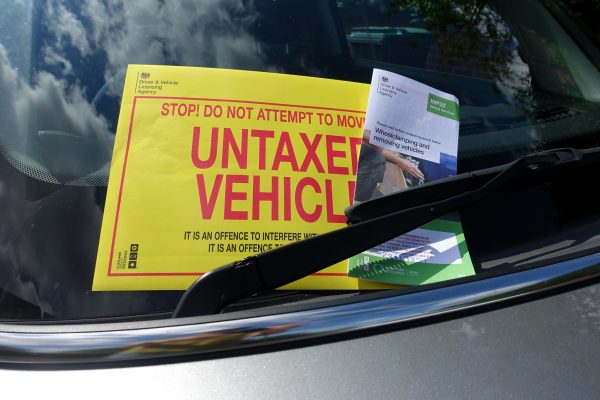A dismissal will be considered ‘fair’ if it can be shown that the reason for it was a ‘statutory restriction’ that prevents the employment continuing.
For example, if a taxi driver is convicted of a driving offence, they may lose their driving licence. In this case, it would be unlawful for the employer to continue employing the driver to fulfil their normal work duties without a valid driving licence.
Employees who drive significantly as part of the role will normally have a term in their employment contract requiring them to hold a valid UK driving licence. If they lose their licence, the employee is violating the terms of their employment contract and this can give cause for dismissal.
Before taking any action, one must consider the following:
• Is driving fundamental to the employee’s job role?
• How long is the disqualification for?
• Are there options for redeployment within the organisation?
Opting for dismissal without considering the alternatives could be deemed an unfair dismissal.
If an employee has been banned from driving, one may consider whether it is possible to make any adjustments to their duties so they can continue to work in a non-driving role such as in an office or warehouse. One should talk through all the possible options with the employee to see where their skills and experience could be used for the duration of the ban.
Re-assigning the driving part of the role to another employee and the use of public transport, if it does not significantly impact on their work, are also options to consider.
If there are no other possible options, one may decide to terminate the employee’s contract of employment.

On average 55 vulnerabilities are identified daily.
What can I do?
Review your organisations priorities and ask ‘can we afford a breach?’. What do I do during an incident? Who do I involve? When do I involve the ICO?
If you’re unable to answers these questions, you need help from the experts.








